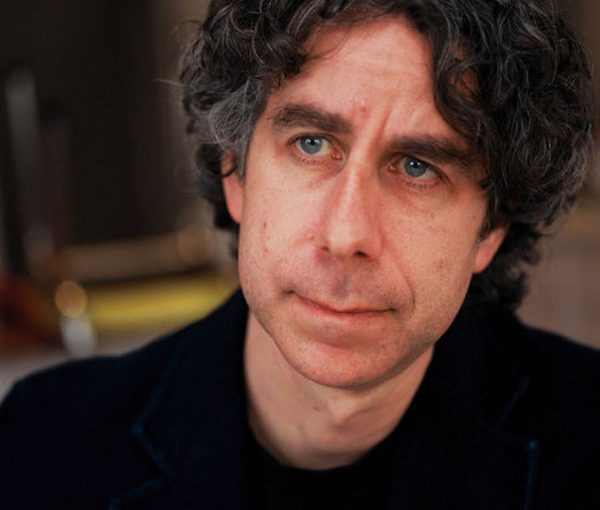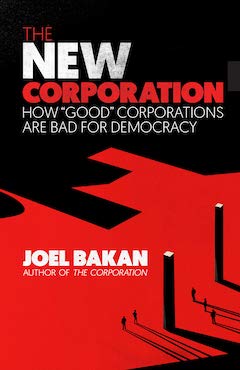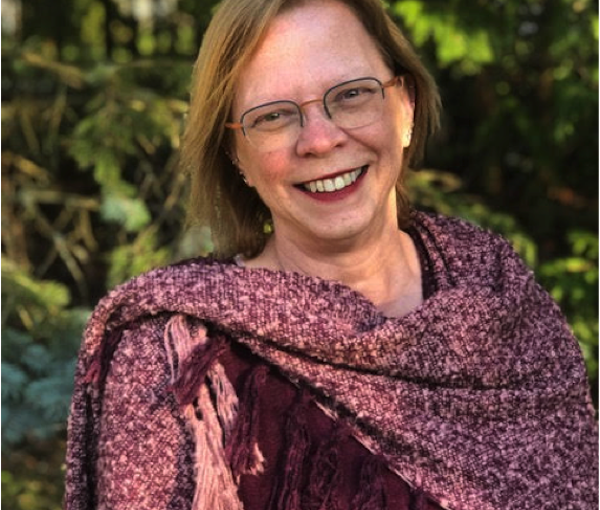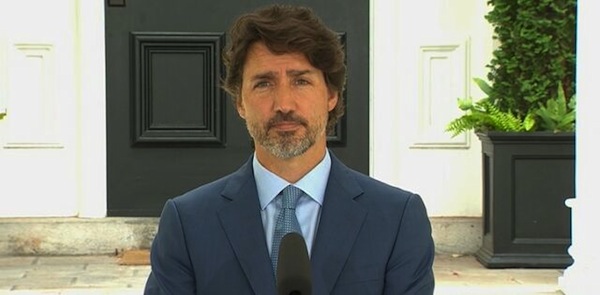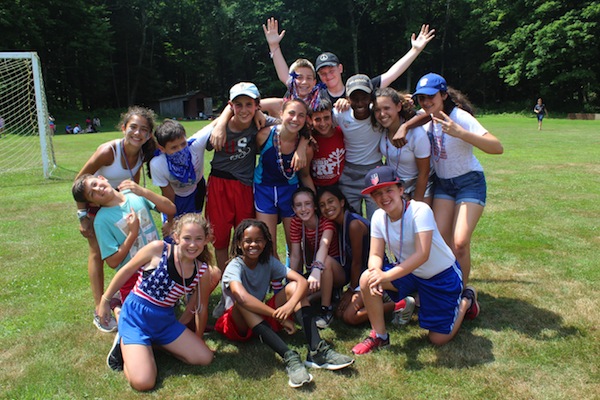There’s nothing like a tree stump to put things in context. I walk the dog in an area full of mature trees and wildlife. Tucked in a bend of a river, we’ve got a lot of trees here. However, this enormous tree had died. I contemplated its huge stump and growth bands. My impatient dog pulled me towards her usual routine, so I didn’t manage to count the rings to learn just how long it lived, but likely it has existed since long before settlers claimed this land.
One gift I’ve gained from living in Winnipeg, where more than 15% of our population is Indigenous, is a better connection to and respect for the earth and living things. In my urban daily walks with the dog, I’ve seen woodpeckers, ducks, geese, hawks, deer, fox, and more. I’m filled with awe by the wild natural world around us and the contexts offered by Canada’s First Peoples.
However, I’ve also seen the traumas played out through what Canada has done to its Indigenous population. There are unhoused people nearby, living in camps along the riverbank in all kinds of weather. On a warm day, I saw a woman on the ground. I thought she was sleeping and went on my way. Then I struggled, wondering if I should have called for help. Perhaps it was an overdose or something worse. At the time, I promised myself that if she were still there when I returned, I would call for help. The whole walk, I debated whether it was better to involve police or not. Indigenous Canadians aren’t always treated fairly by law enforcement. She was gone by the time I returned. I felt relief because I hadn’t been forced to make a decision. Would sleeping on the ground in an area that was her people’s ancestral land result in an arrest or accusation of criminal behaviour?
This situation, of not being sure if a call to the police was safe, came to mind when hearing the latest news reports regarding the deaths of four women in Winnipeg. These women’s remains were left in multiple garbage bins in May 2022, according to police reports. Some of these dumpsters were sent to Prairie Green landfill on May 16. Jeremy Skibicki is accused of killing these Indigenous women: Rebecca Contois, Morgan Harris, Marcedes Myran and a fourth woman, unidentified, who Indigenous leaders have named Mashkode Bizhiki’ikwe, or Buffalo Woman.
Some of Contois’s remains were found at Winnipeg’s Brady Road landfill in June 2022; her remains were in at least two dumpsters, one of which was spotted before being picked up by the dump truck. The police didn’t find the other women’s remains and declined to do a search for them, saying it would be dangerous and expensive. They have arrested the man they think committed the crimes and said they didn’t need to find the bodies to press charges. Public outcry, along with the families’ voices, forced the government to do a feasibility study regarding a search of the Prairie Green landfill, which has now been released. It says it could take up to three years and $184 million to search for their remains.
Like many Manitobans, I was horrified by how this has unfolded. The idea that these women’s bodies should remain in the trash rather than have a proper, culturally sensitive burial, is abhorrent. I couldn’t imagine why anyone needed a feasibility study to determine that their remains should be found as soon as possible. I, like many others, couldn’t understand why a search didn’t commence immediately in June 2022. I wouldn’t be alone in saying that it seems as though the decision to not recover the bodies promptly seemed inherently flawed and racist.
Unfortunately, this isn’t a new situation. Jewish tradition is rich with historic detail. The Babylonian Talmud, codified by about 500 CE, has already described what to do about it. Even a kohain (priest), who normally must avoid the dead to avoid becoming “defiled” (unable to do Temple sacrifice, during the days when there was a Temple in Jerusalem) is commanded in the Talmud to bury any dead person he finds abandoned on a road. This is called a meit mitzvah. Today, it’s considered a special and important mitzvah (commandment) for all Jews to uphold: if we discover a dead person with no next of kin, we must do the right thing. We must tend to that dead person with respect and bury them properly.
In the Babylonian Talmud Tractate Sotah, on page 45b, we learn that we’re responsible for burying bodies that we find. We must find body parts and bury them together. There’s a rabbinic discussion about what the proper rituals and procedures are “if he was strangled and left in a garbage heap.”
Walking by that enormous tree stump with its yearly growth rings reminds me that we have only a set time here on earth to do the right thing. Jewish tradition teaches us to be upstanding while we’re here. The families who lost their loved ones in these awful crimes deserve to have their rituals around death observed. These include a proper burial and send off of their loved ones’ spirits. Deuteronomy 16:20 reminds us “Justice, justice shall you pursue.” That sometimes requires us to dig at a landfill, i.e. a modern-day garbage heap, to pursue it.
It’s sometimes expensive and hard to do the right thing. It’s even more expensive and harder to correct an error like this one, when someone believes certain bodies on a trash heap are somehow less valuable or important. The police force took an unacceptable approach – to stall, and then find excuses for why we shouldn’t treat every person equally, and value every life taken.
Joanne Seiff has written regularly for CBC Manitoba and various Jewish publications. She is the author of three books, including From the Outside In: Jewish Post Columns 2015-2016, a collection of essays available for digital download or as a paperback from Amazon. Check her out on Instagram @yrnspinner or at joanneseiff.blogspot.com.

